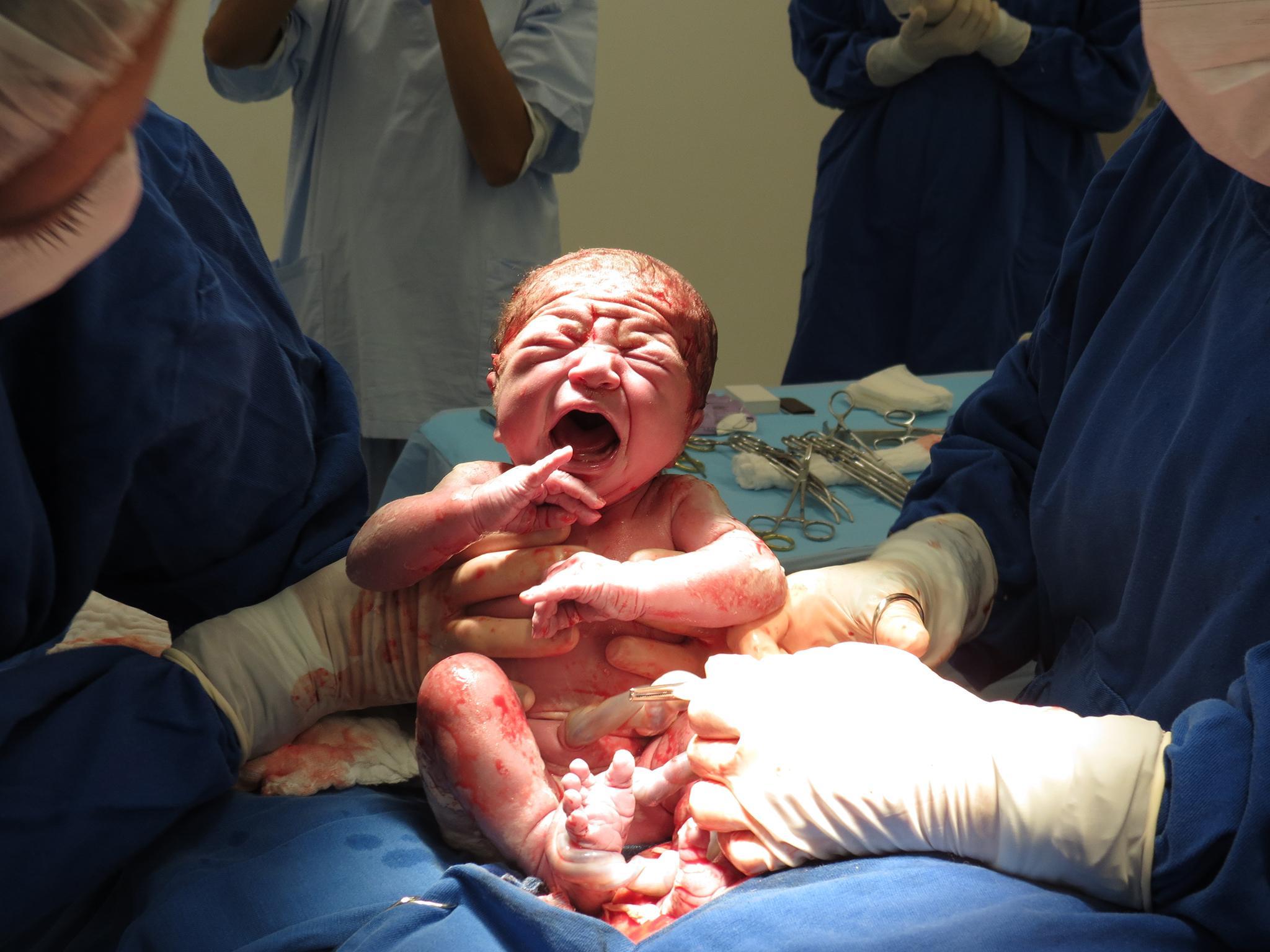Mother's blood pressure before conception could influence sex of child, study suggests
Study could prove controversial amid concern over pressure on women to have baby boys in some cultures

Your support helps us to tell the story
From reproductive rights to climate change to Big Tech, The Independent is on the ground when the story is developing. Whether it's investigating the financials of Elon Musk's pro-Trump PAC or producing our latest documentary, 'The A Word', which shines a light on the American women fighting for reproductive rights, we know how important it is to parse out the facts from the messaging.
At such a critical moment in US history, we need reporters on the ground. Your donation allows us to keep sending journalists to speak to both sides of the story.
The Independent is trusted by Americans across the entire political spectrum. And unlike many other quality news outlets, we choose not to lock Americans out of our reporting and analysis with paywalls. We believe quality journalism should be available to everyone, paid for by those who can afford it.
Your support makes all the difference.A woman’s blood pressure before she gets pregnant could affect whether she has a boy or a girl, scientists have claimed.
Researchers found those with lower blood pressure tended to have a girl, while higher blood pressure was an indication that a boy was more likely to be conceived.
It was unclear whether a woman who wanted to have either sex could influence the outcome by deliberately raising or lowering her blood pressure.
The issue is controversial because of the practice of gendercide – in which female babies are aborted or even killed after birth – in some male-dominated societies.
One of the researchers, Dr Ravi Retnakaran, an endocrinologist at Mount Sinai Hospital in Toronto, said their research suggested “a woman’s blood pressure before pregnancy is a previously unrecognised factor that is associated with her likelihood of delivering a boy or a girl”.
“This novel insight may hold implications for both reproductive planning and our understanding of the fundamental mechanisms underlying the sex ratio in humans,” he said.
The scientists, who published a paper about their work in the American Journal of Hypertension, studied a group of women from Liuyang in China who were planning to get pregnant.
Their blood pressure was tested before and after conception and other factors, such as age, whether they smoked, weight and cholesterol, were taken into account.
The researchers said that 1,411 had ultimately given birth to 739 boys and 672 girls.
Those who had a female child had an average systolic blood pressure of 103.3mmHg before pregnancy, while for mothers of males the figure was 106, about 2.6 per cent higher.
Fundamental biology means there is generally a 50/50 split in the sex ratio, although in humans there is a slight bias towards males. This is seen as nature’s way of balancing out their slightly higher risk of premature death.
But various methods of influencing the outcome have been suggested over the ages.
Aristotle thought it was determined by the ardour of the man during sex, but other Ancient Greek philosophers thought it was something to do with the left and right sides of the body.
An 18th century French surgeon suggested men who wanted a boy should cut off their left testicle.
Food supplements, folk remedies and special crystals under the bed have also been suggested.
In 2009, a scientific study found that being closer to the equator meant a baby girl was more likely.
Join our commenting forum
Join thought-provoking conversations, follow other Independent readers and see their replies
Comments